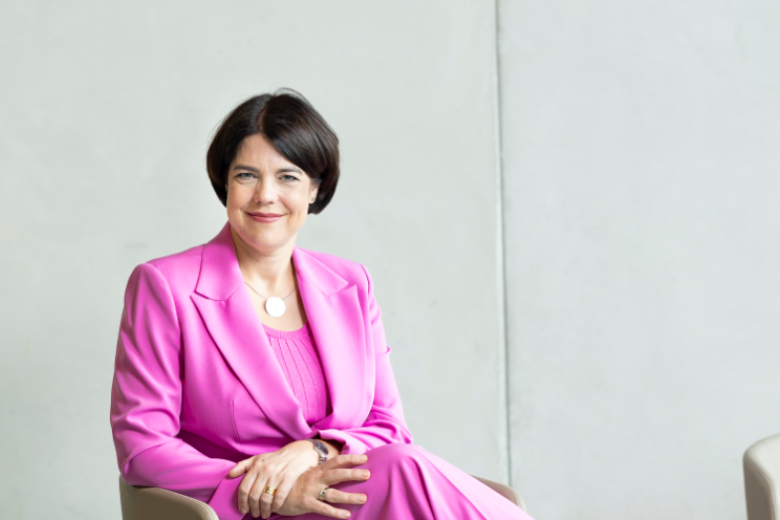Research suggests: air pollution affects voting patterns
Higher air pollution increases the likelihood of people voting for opposition parties rather than ruling parties. The unhealthy air affects decision-making processes, amplifying negative emotions and making people more inclined to voice opposition. These are the findings of research by Nico Pestel, a scientist at the Research Centre for Education & Labour Market (ROA) at the Maastricht School of Business and Economics, which has recently been published by the scientific journal PNAS.
Impact of air pollution
Poor air quality, with higher levels of particulates, has a major impact on our cognition. Previous research has shown that individuals make different decisions and more mistakes when the quality of the air they are breathing is poorer. For example, during periods of increased particulate concentrations, chess players perform significantly worse, students score lower in exams, and stock market traders make less profit.
More negative emotions
In the new research, Pestel and his colleagues looked at the effect of air pollution on larger groups of people by analysing voting behaviour during elections. The research shows that on days and in regions with higher air pollution, more opposition parties receive votes than do ruling parties. The analysis shows that underlying emotions play a role. Voters appear to feel angrier, unhappier and more anxious during days with poorer air quality.
Political consequences
When people feel more negative, they are more likely to opt for change. This means that on days with more air pollution, there will be less support for ruling parties and more support for the opposition. Although this process takes place unconsciously, it has major political and social consequences.
Also read
-
Discrimination makes women want to work less
Recent research by scientists at Maastricht University in the Netherlands and Aarhus University in Denmark shines a new light on the gender pay gap. Discrimination makes women want to work fewer hours.
-
Lisa Brüggen appointed at Royal Holland Society of Sciences and Humanities
The Royal Holland Society of Sciences and Humanities (KHMW) has appointed SBE Professor Lisa Brüggen as a scientific member.
-
SBE moves up the MBA ranks at CEO Magazine
We are proud to announce that SBE further improved its ranking in the recently published 2023 CEO Magazine’s Global MBA Rankings.